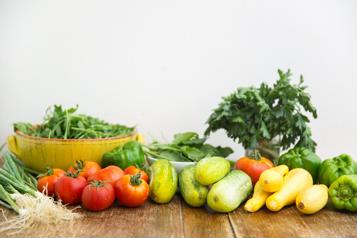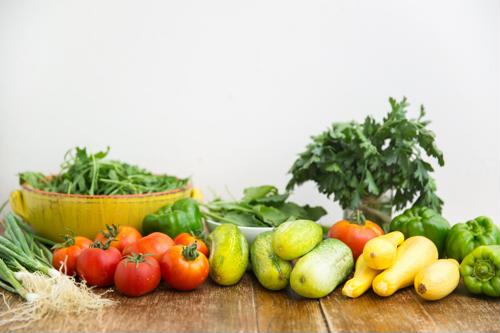Good nutrition is important to the wound treatment process, but it doesn’t have to be complicated.
Clinicians know the importance of nutrition in the wound healing process. That’s because maintaining the right nutritional levels helps, according to the Mayo Clinic. In addition, a study entitled “Chronic Wound Healing: A Review of Current Management and Treatments” reported that “the systemic optimization of nutritional status should be evaluated in wound healing. Numerous nutrients have proven to be important in wound healing.”
Patients who have not maintained a regular healthy diet prior to having the wound issue may not have the information they need to construct a nutritious meal plan after wound infection treatment begins.
Proper nutrition for wound treatment doesn’t have to be complicated. Here are four simple keys that could help clinicians put patients on the right path to good wound treatment nutrition.
The Right Calories
According to the Cleveland Clinic, calories are energy and getting the right amount of calories per day can give a body the strength it needs to heal. In addition to eating regular meals, patients should make sure what they eat contains oils (vegetable oils such as canola and olive oil) healthy fats and sugar, which are excellent sources of calories. Clinicians may prescribe limited amounts.
Protein
Protein foods like meat, poultry eggs, milk, Greek yogurt, soy products and tofu can be prescribed to the patients in amounts based on the severity of the wound. Protein helps us heal and also strengthens our immune system to protect against infections.
Vitamins
Vitamin C helps the body produce collagen that stimulates connective tissues and helps the body heal itself. Prime sources of vitamin C include fruit (oranges, strawberries, kiwi, grapefruit, cantaloupe), tomatoes and peppers. Vitamin A is also essential. According to the National Institutes of Health, good sources of vitamin A include leafy green vegetables, liver, milk and eggs.
Eat Regular Meals
Eating regular meals can ensure that patients get the proper nutrition to aid the wound healing process and have the energy to attend treatment sessions. According to the Cleveland Clinic, this means eating five or six small meals per day (as opposed to three larger meals), as well as nutritious snacks such as cottage cheese, peanut butter or cheese.
In addition, patients can substitute foods that are higher in nutrition for those that are less nutritious. For instance, they can replace high-sodium broth with beef vegetable soup or substitute carbonated sodas with natural fruit smoothies.
Innovative Outcomes is the nation’s leader in delivering specialized wound care supplies to patients, delivering to both homes and long-term care facilities.





